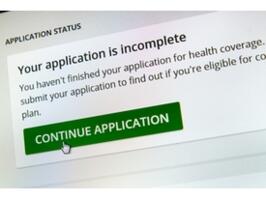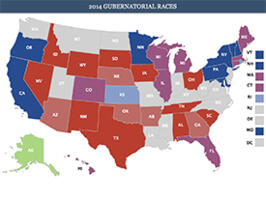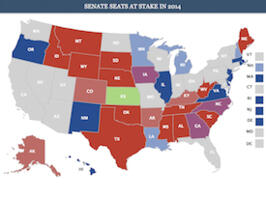Voters Still Support Keystone XL Pipeline
While President Obama has indicated that he would likely veto a bill directing the federal government to move forward with the approval of the Keystone XL Pipeline, most voters continue to favor the pipeline’s construction and feel it will help the U.S. economy.
The latest Rasmussen Reports national telephone survey finds that 58% of Likely U.S. Voters now at least somewhat favor building the major oil pipeline from Canada to Texas, while just 27% are opposed. This includes 37% who Strongly Favor the project and 14% who Strongly Oppose it. Fifteen percent (15%) are undecided. (To see survey question wording, click here.)
(Want a free daily e-mail update? If it's in the news, it's in our polls). Rasmussen Reports updates are also available on Twitter or Facebook.
The survey of 1,000 Likely Voters was conducted on November 14-15, 2014 by Rasmussen Reports. The margin of sampling error is +/- 3 percentage points with a 95% level of confidence. Field work for all Rasmussen Reports surveys is conducted by Pulse Opinion Research, LLC. See methodology.



















